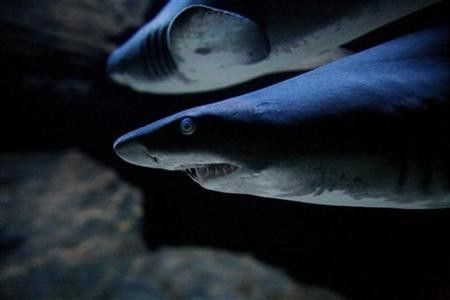Why Western Australia's Shark Cull Policy Still Doesn't Make Sense to the World

Almost a month before the first shark was killed due to Western Australia’s controversial cull and the recent reports of shark attack statistics, the catch-and-kill policy still appears drastic to the rest of the world.
The shark cull policy in Western Australia has attracted global opposition from conservationists, scientists and even victims of shark attacks. Thousands of shark cull protesters have shown up with hand-painted posters, shark hats and other shark-related paraphernalia on Manly Beach on Feb 2. The crowd of Australians on Perth beaches was one of the several protests held across Australia, New Zealand and South Africa to denounce Western Australia's shark cull policy.
Shark cull protests were held in at least 10 locations across Australia, including Melbourne, Adelaide, Cottlesloe, Hobart, Broome and Perth in Western Australia, according to the Daily Telegraph.
Since Western Australia has introduced its shark cull policy and set up baited drum lines off the coasts of its popular beaches, a total of 66 sharks were captured, but no great white shark was caught. According to Fisheries Minister Ken Baston, 63 tiger sharks were caught on the drum lines which made the shark species account for 95 per cent of the total catch.
Great white sharks, the species responsible for fatal shark attacks in Western Australia, were neither caught nor found in baited drum lines. The biggest shark caught in the baited lines was a 4.1-metre tiger shark.
Sea Shepherd Australia Jeff Hansen said Western Australia's efforts in releasing undersized sharks out into the open may not be helping at all. He said his organisation has seen sharks with cuts in their heads from the hooks. They may not survive because of the wounds they sustained or may have difficulty in feeding themselves.
Sharks are common in Australian waters and are known to wander in popular beaches like Bondi Beach. Authorities have installed nets off the beaches to protect swimmers but the nets have become controversial in New South Wales for catching two sea turtles and two humpback whales. Marine animals trapped for too long might die. To shark conservationists, the shark cull has a broader impact on the marine ecosystem.





















